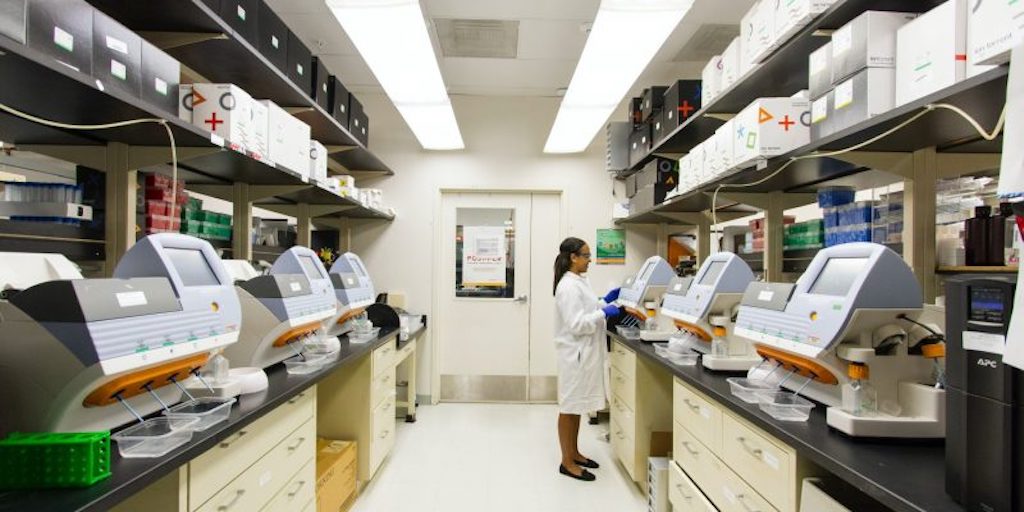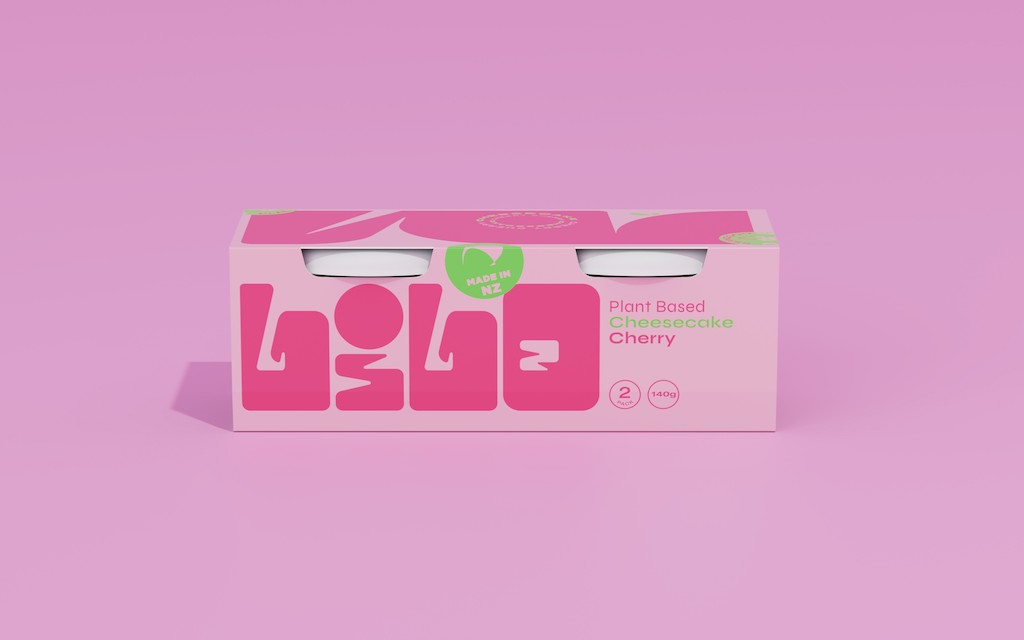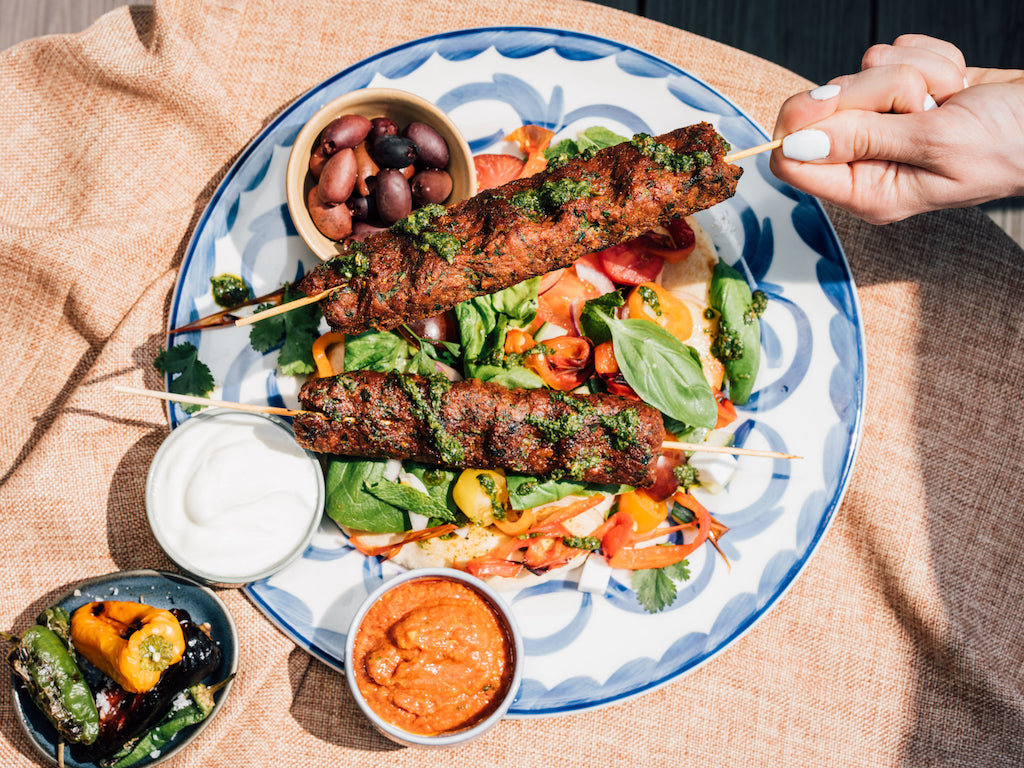Big Idea Ventures Onboards 17 Startups Disrupting Protein with Microbes, Plants, Cells, and Food Waste
4 Mins Read
17 food tech startups have been chosen to join Big Idea Ventures’ accelerator programs in New York, Singapore and Paris.
Big Idea Ventures (BIV) has announced today (November 22) its latest accelerator cohorts to join its programs in New York, Singapore and Paris. Hailing from all over the world, 17 food techs were chosen as part of BIV’s $50 million New Protein Fund, which is dedicated to investing in companies developing sustainable alternative protein solutions.
Speaking about the new batch of startups set to join its accelerator, BIV founder and managing partner Andrew D. Ive described cohorts as having “real solutions to climate and food challenges,” representing the “best companies around the world”.

“Innovation in alternative proteins continues to advance globally,” he continued. “And these developments could not arrive at a more critical moment for us all.”
Startups chosen are tapping a wide range of novel food technologies to create new climate-resilient protein solutions, from cellular agriculture and microbial fermentation to imaginative ways to incorporate food waste into the supply chain.
Cultivated meat and seafood

A number of startups are in the field of cellular agriculture, growing meat and seafood directly from cells in their labs—eliminating the need to raise, feed and slaughter animals.
These include Africa’s first cultivated game meat firm Mogale Meat that is currently building an antelope cell biobank, and Luyef Biotech, which has developed a myoglobin protein aimed at helping plant-based meats achieve the flavour and aroma of the real deal and using algae-based scaffolding to make 3D cultured meat steaks.
In the seafood category is Singapore-based Fisheroo, the first cell-based fish company to land in Southeast Asia focused on tackling surimi production, a minced fish paste ingredient that makes up a $5 billion market.
Bright Biotech, on the other hand, is dedicated to tackling the bottlenecks in the cell-based meat sector by offering low-cost plant-based growth factors made from chloroplasts.
Pioneering alt-dairy

Another group of startups chosen to join BIV are tackling the enormous dairy industry, creating alternatives for everything from yogurts and ice creams to the milk-based ingredients found in not just the food industry, but pharmaceutical and cosmetics too.
Canada’s BetterMilk, for instance, is using genetic engineering to create whole milk directly from mammary cells and plans on selling its milk and milk-based ingredients via a B2B route to food companies, beauty brands and pharmaceutical firms—and they want to launch at price parity too.

Few of the companies are leveraging precision fermentation instead, such as South Africa’s De Novo Dairy, Izmir-headquartered Maya Milk, and Phyx44 based in India. End products include everything from animal-free cheeses with nature-identical dairy proteins, to cow-free milk that consumers can drink without the ethical or environmental footprint.
Then there are plant-based innovators too, such as UK’s Little Bandits, which makes a range of vegan and calcium-rich yogurts for kids out of coconut cream, French startup YOFI and its organic pea-based high-protein milk, and The Very Food Co., focused on creating a suite of vegan ingredients, from plant-based butter and cream, to even eggs.
Microbial innovation

BIV has also chosen startups innovating novel proteins with synthetic biology and microbial fermentation. US-based Fybraworks Foods has set out to grow real animal meat via microbes, and is the world’s first to have created recombinant muscle protein for food applications.
Also based in the US is Prosel Biosciences, which is computing microalgae to express bioidentical food proteins at 10-fold the yield compared to wild-type production methods.
Liven Proteins, on the other hand, is creating a microbial fermentation ingredients platform, engineering real animal-free functional proteins from industry by-products. The Toronto-based startup’s first ingredient will be gelatin.
Rethinking waste and unlocking potential

Then there’s another group of BIV’s cohorts which are tackling the problem of food waste, which contributes around 10% of the world’s GHG emissions. New Zealand’s LILO, a plant-based and gluten-free cheesecake brand, has created its range out of low-grade, unused and wasted fruit and produce sourced from orchardists around the country.
Based between France and Singapore, MOA Foodtech is also transforming waste, but doing it through its biotech and AI-powered platform, which takes in agrifood byproducts and converts it into a “next-gen” protein. Instead of protein, Green-On is focused on fats and uses up carbon dioxide in the air and minimal water to make its sustainable saturated fat and fatty-acids that could replace palm oils in confectionery and ready meals.
Lead image courtesy of Quorn.




